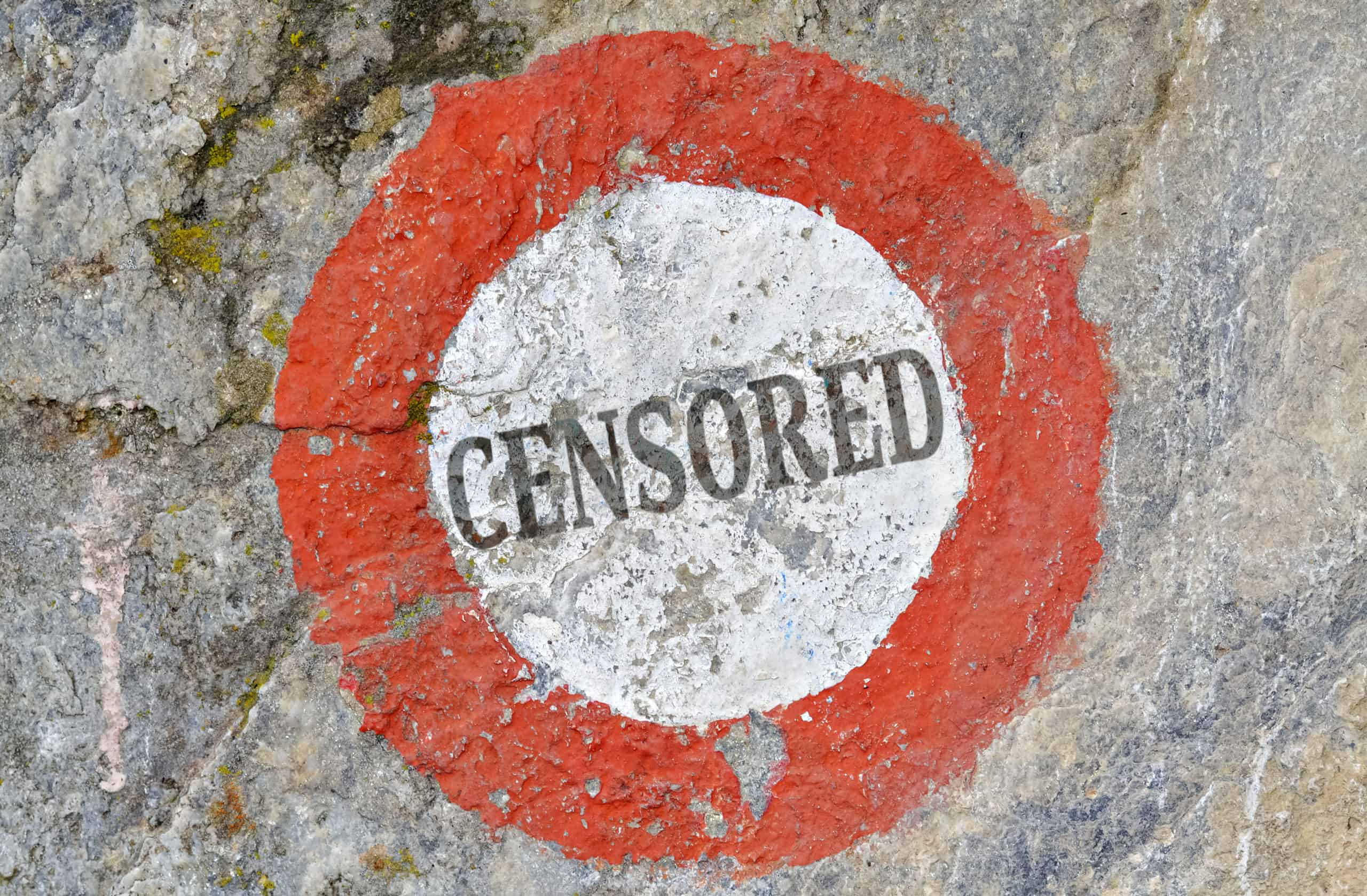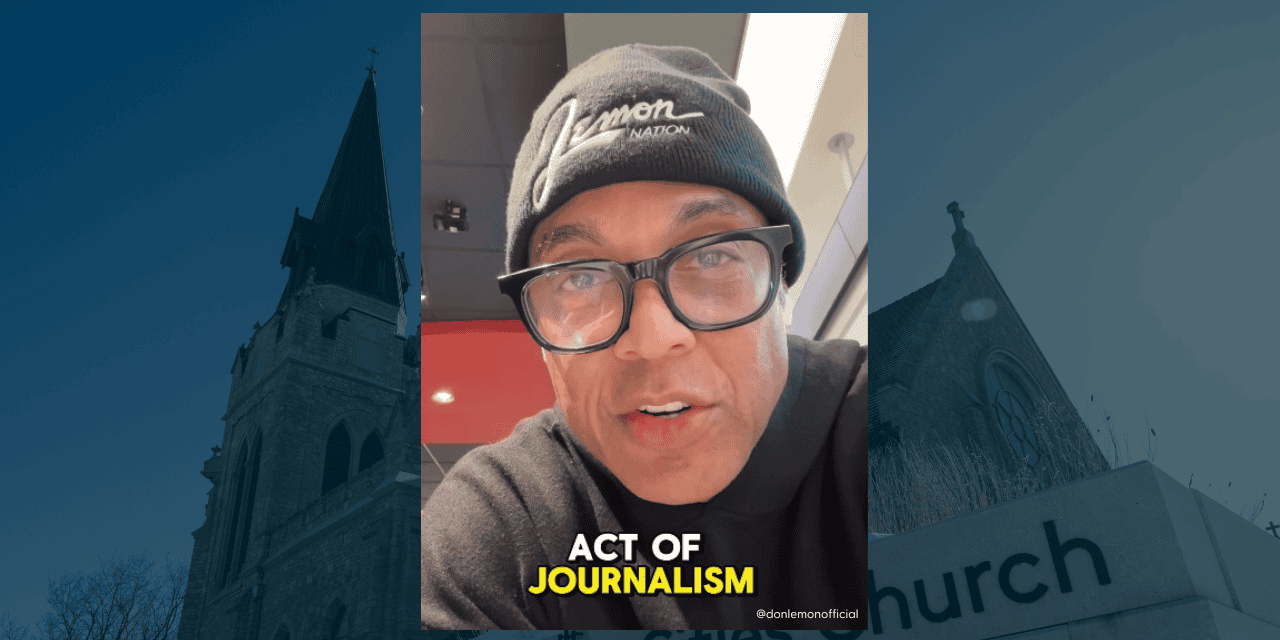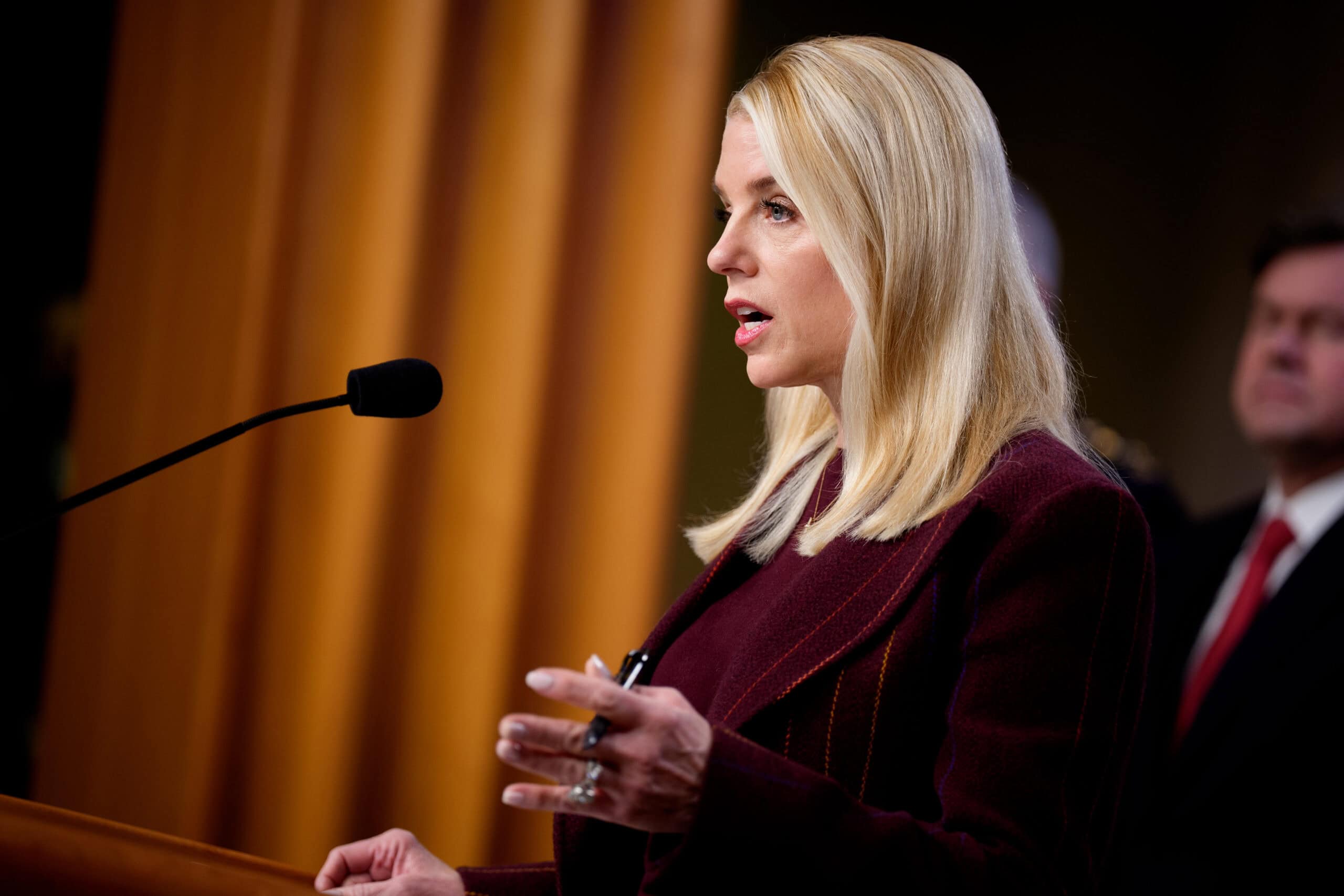Judge Rules Against Challenge to Colorado Therapy Ban for ‘LGBT Minors’

A U.S. District Court judge denied a motion by a licensed counselor asking for a preliminary injunction against a Colorado law banning any help for minors struggling with homosexuality or transgenderism. The law only allows therapists to help children move toward embracing a homosexual or transgender identity.
If a five-year-old girl struggles with sexual identity confusion, her parents could not work with a licensed counselor to help her embrace her female body and feminine identity.
Likewise, if a 16-year-old boy wrestles with an addiction to homosexual pornography, he could not receive professional therapy to help embrace his God-given identity and move toward biblical sexual integrity.
Kaley Chiles, a licensed professional counselor, challenged the law, saying it violated her First Amendment rights. But Judge Charlotte N. Sweeney, who identifies as a lesbian, issued a decision denying Chiles’ request.
Sweeney said that “children who identify as lesbian, gay, bisexual, cisgender, transgender, or gender non-conforming” are “entitled to a state’s protection from therapeutic modalities that have been shown to cause longstanding psychological and physical damage.”
This is a false statement, as there are no long-term studies of minors who receive professional help for same-sex attractions or sexual identity confusion. But there are many studies that show adults dealing with these issues have been helped by professional therapy – even if their feelings don’t change.
In 2019, the Colorado General Assembly passed the law, “prohibiting a mental health care provider from engaging in conversion therapy with a patient under eighteen years of age.”
There is no such therapeutic practice or model called “conversion therapy.” The term was invented by LGBT activists and their allies. But the law effectively prevents counselors from using traditional talk therapy to help minors struggling with homosexual or transgender attractions, thoughts, identities or behaviors.
Twenty-five states, the District of Columbia and 100 municipalities have passed similar bans. They are based on a false narrative that says that homosexuality and transgenderism are inborn and cannot be changed. This narrative says help for unwanted homosexuality is always harmful and never helpful.
Sweeney did not acknowledge the research and testimonies that give evidence to change and healing from homosexuality.
Chiles argued that the law infringed her and her minor clients’ freedom of speech and religious freedom. Her complaint said the law is “based on religious hostility” and “targets a religious practice” – helping minor clients to live according to their religious beliefs rather than embracing homosexuality or lesbianism.
According to Sweeney’s decision:
Ms. Chiles argues that the Minor Therapy Conversion Law “discriminates based on viewpoint” because it prohibits “counseling from the viewpoint” that sexuality and gender identity can “change to align with an individual’s biology and beliefs.”
But Judge Sweeney said the counseling ban was “viewpoint neutral and does not impose content-based speech restrictions” – despite the fact that it prevents counselors from speaking with minor clients about leaving homosexuality or transgenderism.
She said the law was a “public health regulation” and a “professional conduct regulation,” so it was not a “content-based speech restriction.”
Chiles has said she will appeal the decision, and there’s hope that she may be successful. While the 9th U.S. Circuit Court of Appeals upheld a Washington state therapy ban for minors, two recent decisions from the 11th Circuit that found that prohibitions in Boca Raton and Palm Beach, Florida, violated the First Amendment.
The court ruled that therapeutic help for these sexuality issues “is highly controversial,” but then said, “But the First Amendment has no carveout for controversial speech.”
These differing opinions may lead to a U.S. Supreme Court showdown over the First Amendment.
As the Daily Citizen’s Judicial Analyst Bruce Hausknecht has written:
The high court may have given us a hint at an answer in the 2018 case of NIFLA v. Becerra, in which the justices struck down a California law that compelled pro-life pregnancy resource centers to speak a pro-abortion message to their clients, contrary to their beliefs. California attempted to justify its regulation of the speech of the pregnancy resource centers on the grounds that it was “professional speech” rather than pure speech.
“But this Court has not recognized ‘professional speech’ as a separate category of speech,” wrote Justice Clarence Thomas for the majority in NIFLA. “Speech is not unprotected merely because it is uttered by ‘professionals.’”
If the Supreme Court follows the same pattern as NIFLA, it may rule that cities and states do not have the right to restrict the speech and religion of counselors, forcing them to help minors embrace a transgender or homosexual identity.
Related articles and resources:
Are People Born Gay? A look at what the research shows and what it means for you
Colorado Lurches to the Far Left
Is Therapy to Leave Homosexuality Damaging? New Review Says, ‘No Proof of Harm’
Judge Dismisses Therapist’s Lawsuit Over Ban on Counseling for Same-Sex Attraction, Gender Identity
New Study: Even Failed Efforts to Leave Homosexuality Are Not Harmful
New Study Shows Therapy to Leave Homosexuality Can Be Effective and Helpful
NIFLA: A Big Win for Pro-Lifers and for Free Speech
Photo from Shutterstock.
ABOUT THE AUTHOR
Jeff Johnston is a culture and policy analyst for Focus on the Family and a staff writer for the Daily Citizen. He researches, writes and teaches about topics of concern to families such as parental rights, religious freedom, LGBT issues, education and free speech. Johnston has been interviewed by CBS Sunday Morning, The New York Times, Associated Press News, The Christian Post, Rolling Stone and Vice, and is a frequent guest on radio and television outlets. He graduated Phi Beta Kappa from San Diego State University with a Bachelors in English and a Teaching Credential. He and his wife have been married 30 years and have three grown sons.
Related Posts

Was Don Lemon a Protestor, a Journalist or a Worshipper in Cities Church Disruption?
February 13, 2026

Pastor Son’s Trial and the Crisis in South Korea
January 22, 2026


